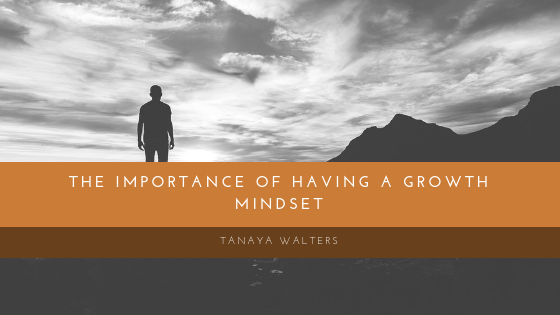There are two different beliefs about intelligence and ability. One view is that we are born with a certain level of skill and that is unable to be changed, or that ability is ingrained. This is referred to as a fixed mindset. The other belief is that ability can be developed through hard work and effort. This is a growth mindset, and it’s essential to your success. Having a growth mindset pushes you to work hard and continue to learn to approve your abilities. Those with a growth mindset are more concerned with how they can improve, versus being concerned with how smart they look.
Once we reach adult age, we often think that we’re unable to learn any new skills. It’s commonly thought that people who are talented at things learned those skills much earlier. However, that’s not true. While it’s easier to pick up new skills as a young person, you can continue to learn at any age. It just takes time and perseverance. It’s easy to become frustrated when a new skill doesn’t come to you quickly, and you may feel as though you merely are bad at the task. However, few people are great at something the first time they try it. Skills take time and practice to master.
With a growth mindset, instead of viewing this as a failure, you see it instead as an opportunity. It’s an opportunity to learn more about yourself and your abilities, and an opportunity to test your patience and how open you are to new experiences. People with a growth mindset routinely seek out new experiences as a chance to continue learning and growing. They’re less likely to get stuck in a rut because they welcome these new things.
Adopting the growth mindset will help to improve both your personal and professional life. To adopt a growth mindset, start by rewarding yourself for going through the process of learning, instead of for the outcome. Record the entire process, even the parts where you struggled, and see how those struggles link to the result of learning. When you succeed at something, instead of attributing it to your inherent ability at that task, think instead of the process it took you to get to that. Compare your ability level of when you first started working on that skill to where it is now, and recognize the learning process you took to master that skill.
